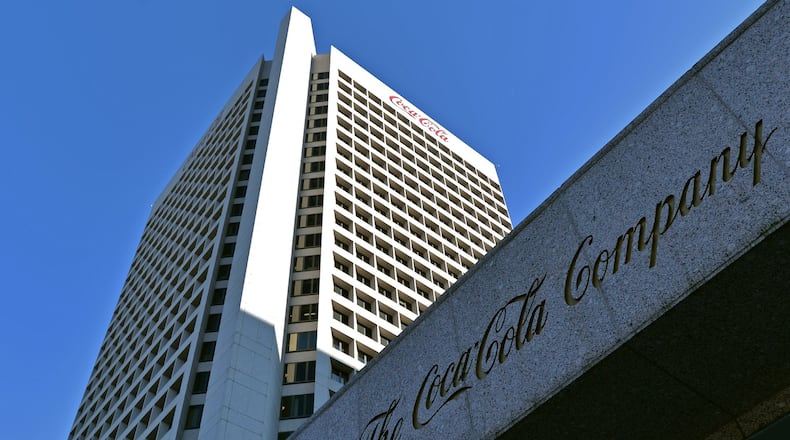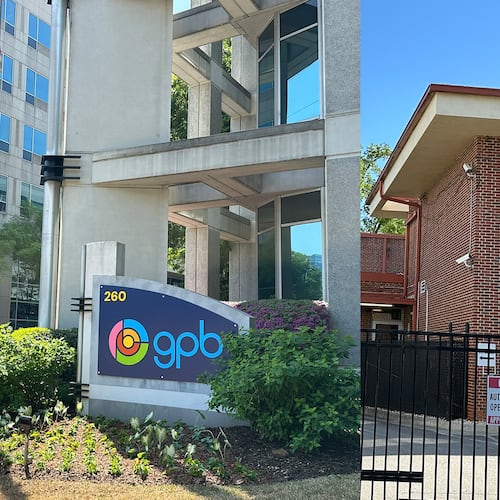Increased vaccinations are helping Coca-Cola Company recapture some of its global drink business, with the company reporting Monday that volume of drinks sold reached pre-pandemic levels in March.
CEO James Quincey told analysts that he sees “promising signs that a broader recovery is on the horizon.“ The Atlanta-based company reported better financial results than some analysts had expected.
That was welcome news following 2020, when the COVID-19 pandemic left Coke with its steepest annual decline in the volume of drinks sold since the 1940s.
Quincey also on Monday predicted a relatively quick succession of recovery phases in the United States, where restaurants and bars started to rebound in March. Still, he said, the company’s U.S. fountain business — as opposed to drinks in bottles and cans — was still down.
Next up, but yet to occur, may be a broader return of U.S. workers to employer’s offices, which could help lunch businesses in big city centers, followed potentially by more people at movie theaters, concerts and sporting events, he said.
In more typical times, Coke generates half its worldwide business in places like restaurants, convenience stores and gathering and event spots.
“We are encouraged by improvements in our business, especially in markets where vaccine availability is increasing and economies are opening up,” Quincey said in a prepared written statement.
Still, despite improvements in March and early April, the trend might not hold, he told analysts.
Countries vary widely on the pace of vaccinations and surges in new COVID-19 cases. Further out, “there’s no guarantee there won’t be some extra degree of lockdowns in May or September or December,” Quincey said.
For the first three months of the year, the company reported a 5% increase in net revenue to $9.02 billion versus $8.6 billion the same period a year ago. Net income fell 19% compared to a year earlier, to $2.25 billion compared to $2.78 billion. Also, the company announced it plans to make Coca-Cola Beverages Africa a publicly traded company and sell a portion of its shares in the bottler.
About the Author
Keep Reading
The Latest
Featured




